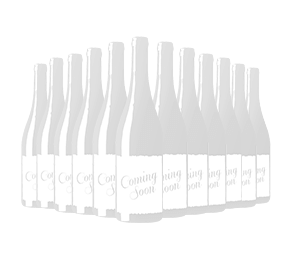You've just added to your basket
Reservation item: you will be charged an instalment payment today,
and a further balance payment when your wine
is dispatched.


: £
Quantity:
Subtotal: £
Code:
Reservation Item
The price shown is the total for this wine. You will only be charged the reservation payment today.